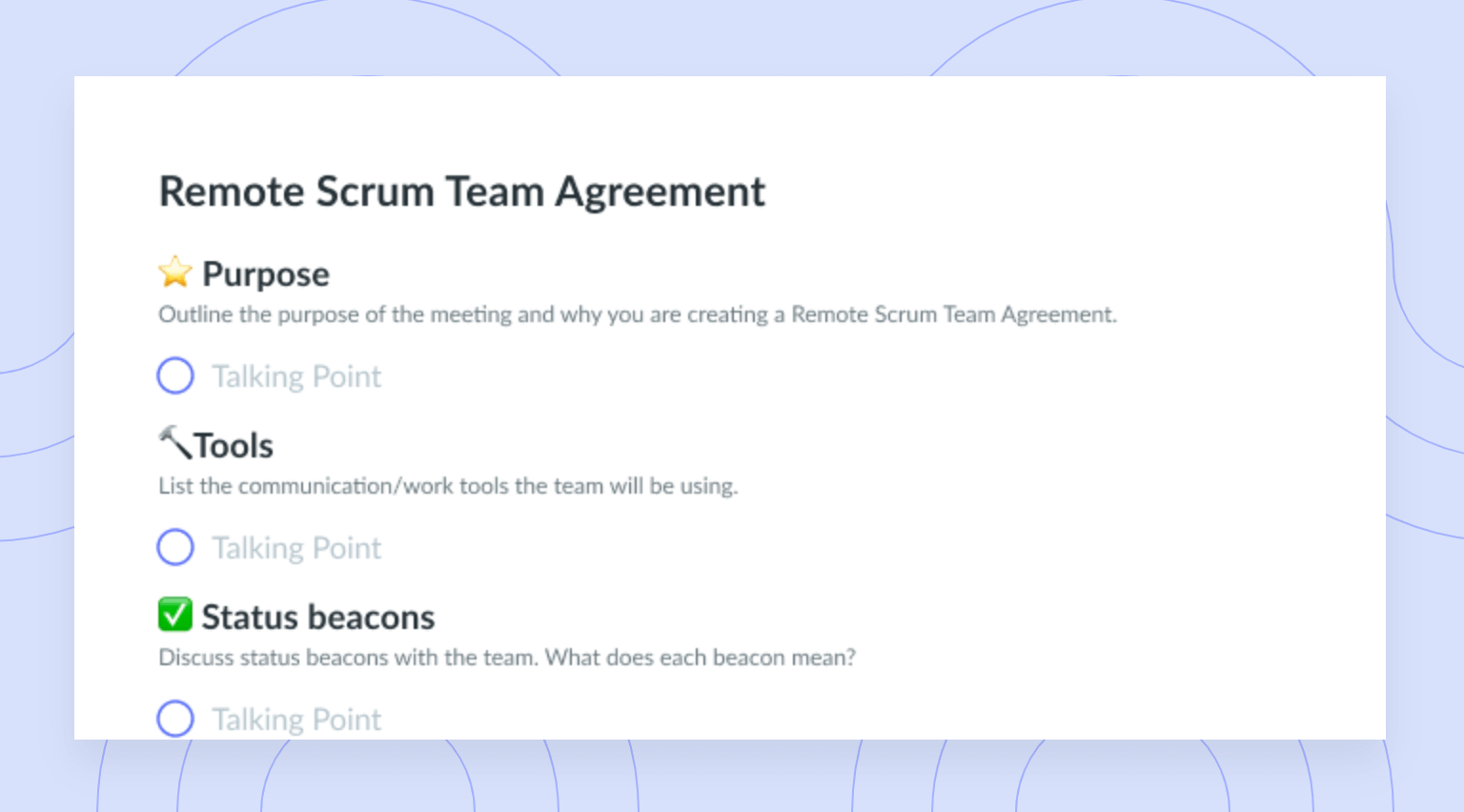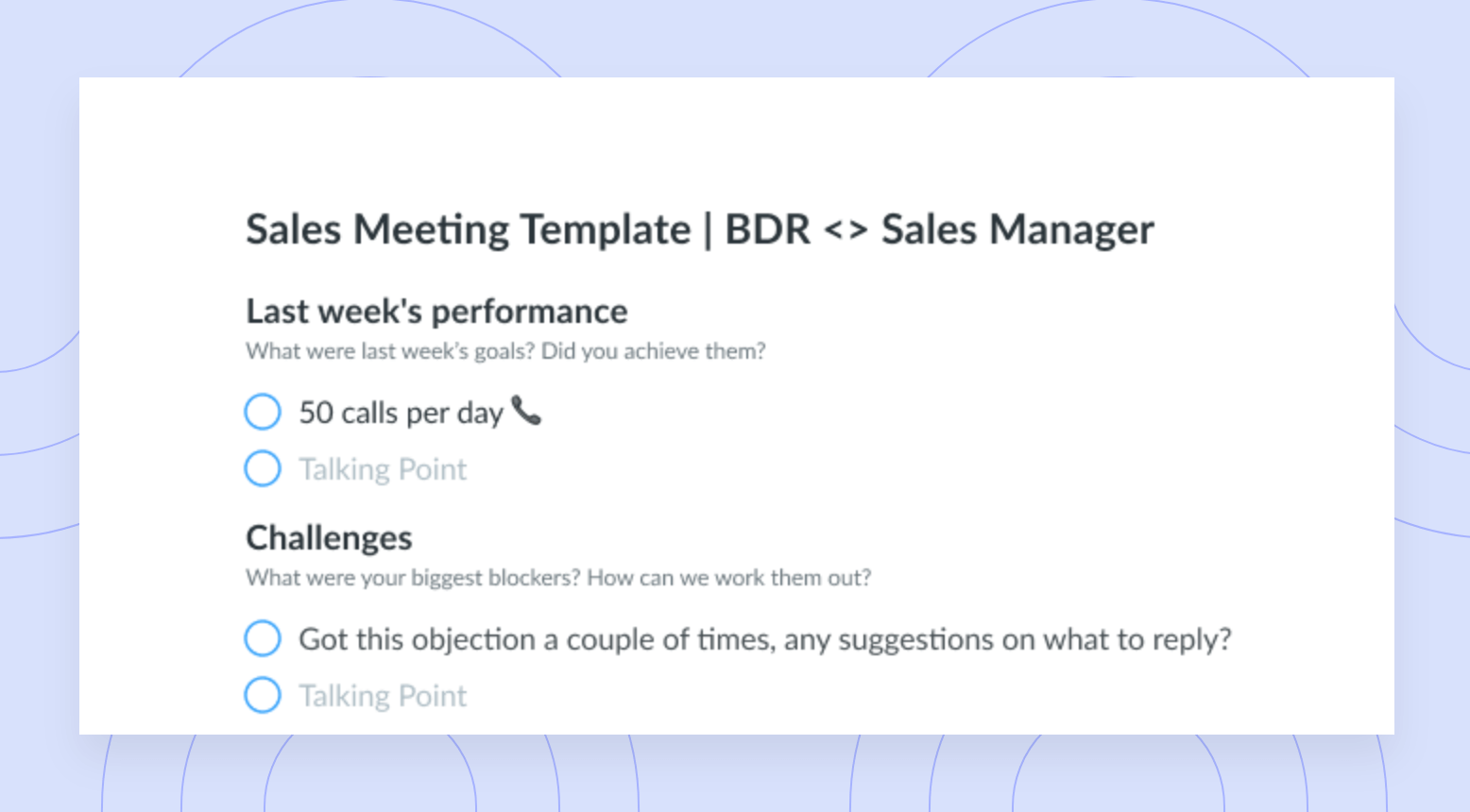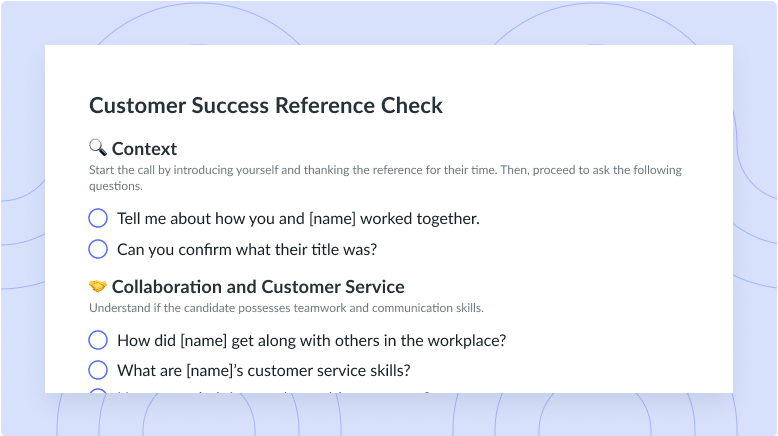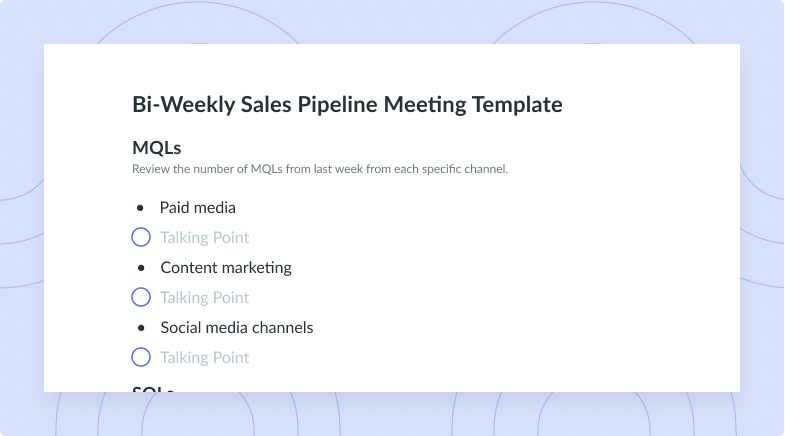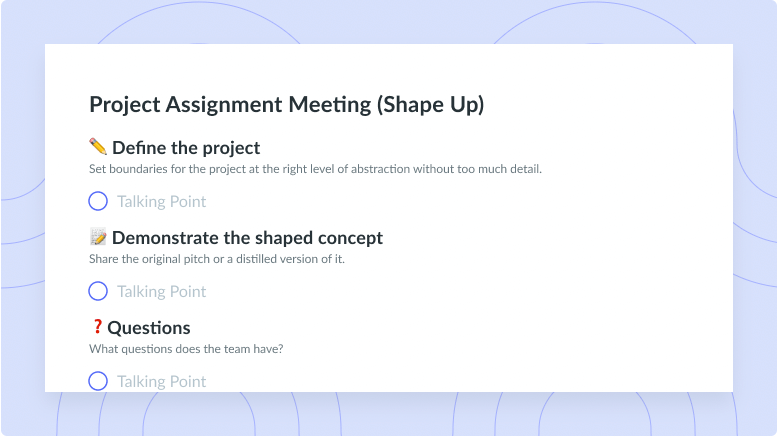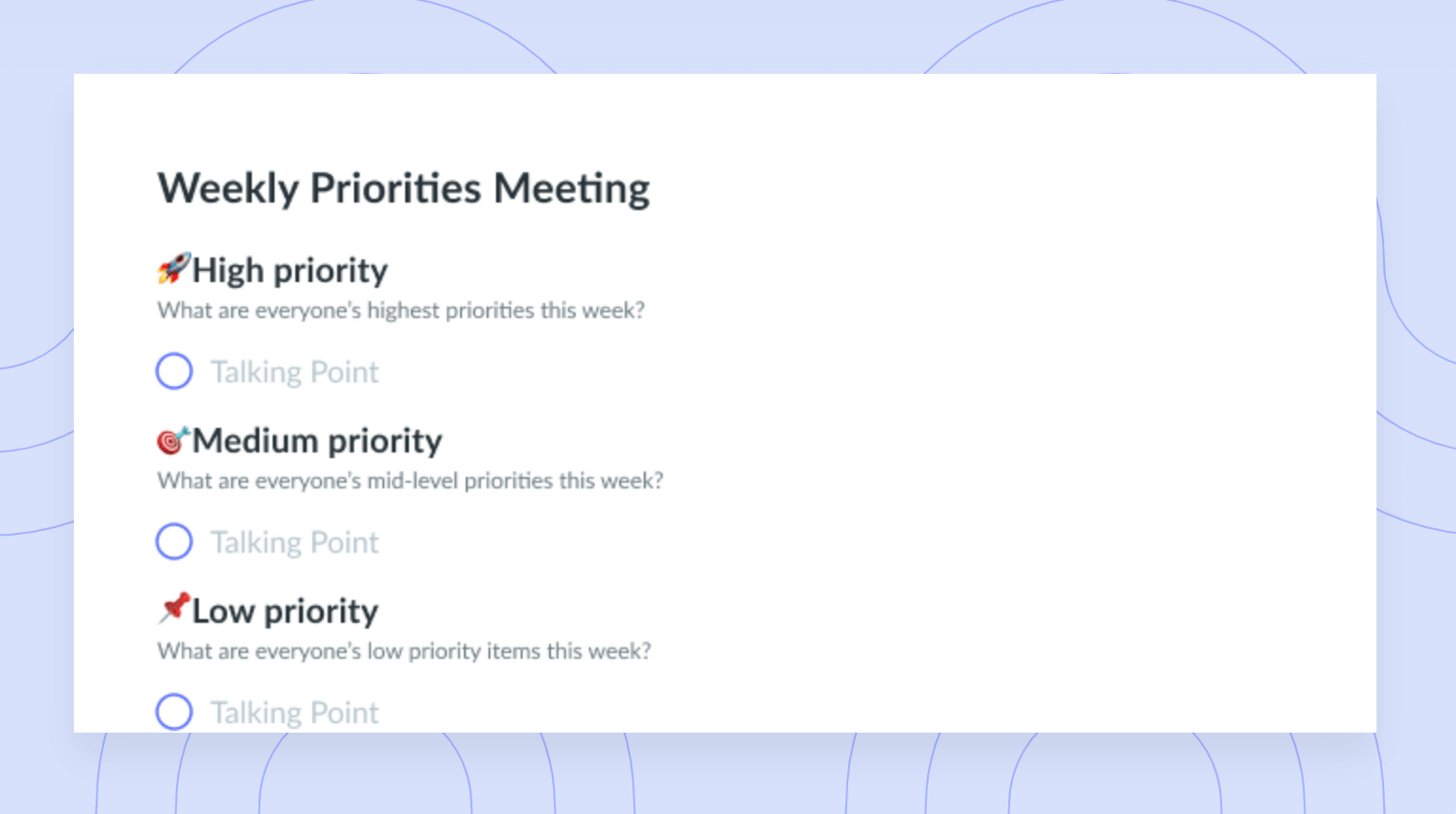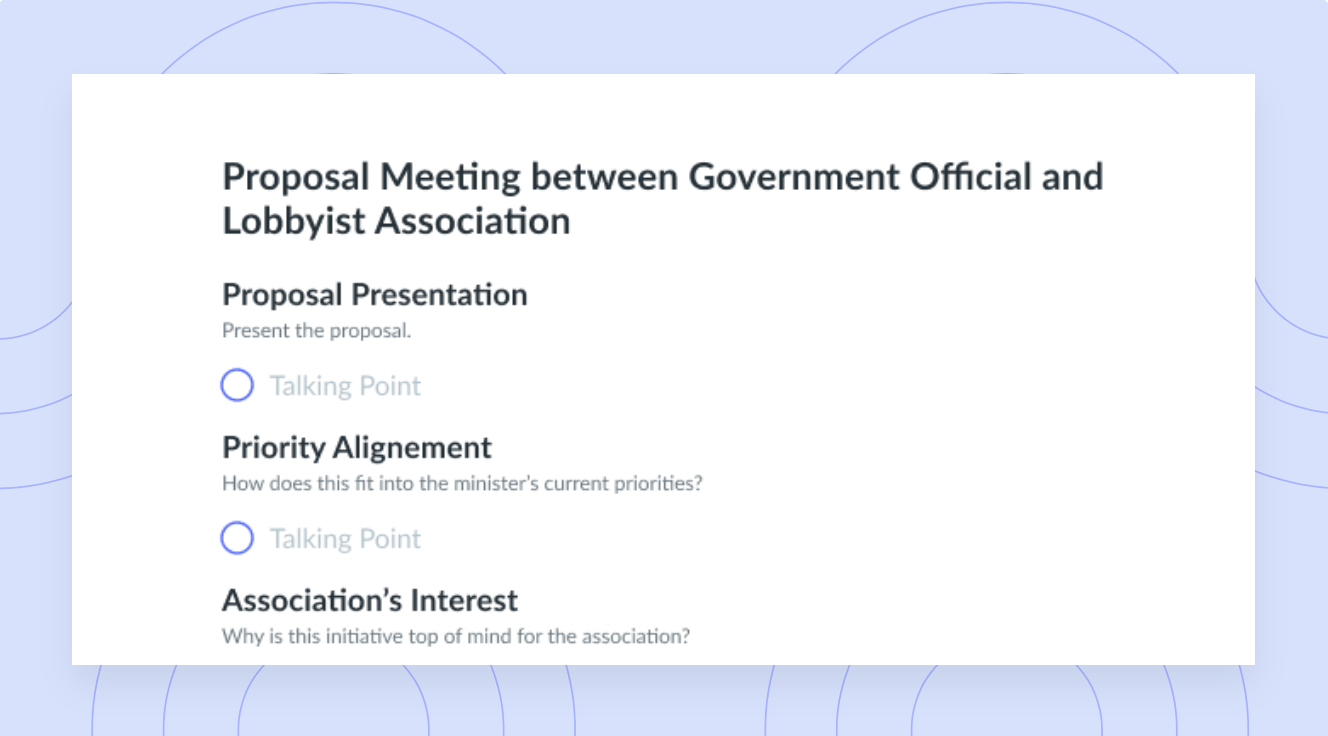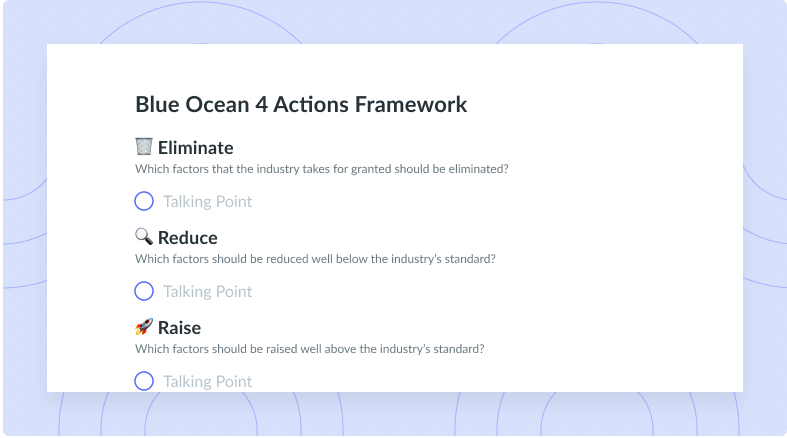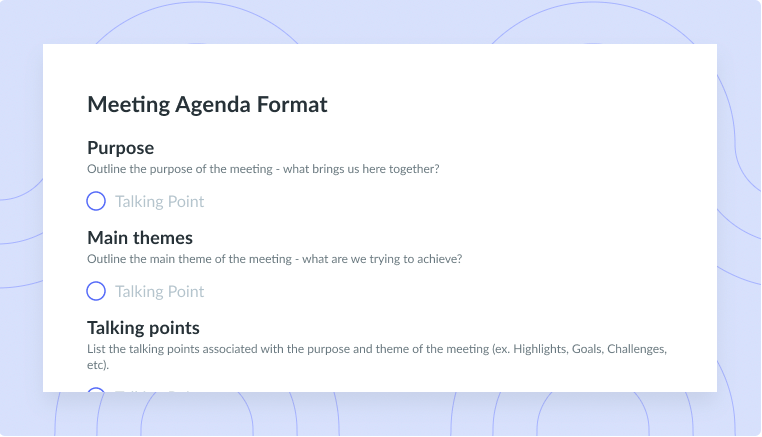Managing Stress as a High Performer
High-performing employees are at a much higher risk of burnout and workplace stress. Here we look at 9 techniques to manage stress and decrease chances of burnout.
In today’s fast-paced world, staying ahead and putting in the extra effort is often necessary to climb the career ladder and achieve results. But over time, that constant drive and effort can lead to an increase in stress and eventual burnout.
As a high-performing employee, understanding the importance of managing stress in a healthy and efficient way is essential if you’re to avoid the psychological and physical repercussions of continued stress from work. Take a look at these 9 techniques to manage stress and reduce the chances of burnout.
Why it is important to manage stress as a high-performing employee
Having a high performer on your team may seem like the ultimate achievement for a business – they’ll be motivated to get the job done and they don’t need to be micromanaged to keep achieving their best and moving in the right direction. But, in reality, high performers who aren’t capable of managing stress effectively could wind up putting unnecessary strain on their team and the business as a whole.
High performers are more at risk of burnout, and they could bring their colleagues down with them by setting the bar too high for others. Managers or senior members of staff may expect more of them as a result – in fact, according to the World Health Organization, workplace stress is particularly common in situations when employees are asked to do things that exceed their knowledge, abilities and coping skills, and when they do not have enough support from peers and supervisors to close that gap.
Stress impacts everything you do, from your cognitive performance and your mental capacity to your drive and motivation. It can be a good thing, in the right doses, and there’s no avoiding it completely. But learning how to manage it properly is vital for your health and wellbeing.
9 ways to manage stress as a high performer
- Use a meeting agenda
- Develop healthy response methods
- Seek support with one-on-one meetings
- Recharge regularly
- Maintain healthy boundaries
- Avoid multitasking
- Track additional time demands
- Take advantage of your community
- Aim for progress, not perfection
1 Use a meeting agenda to organize your tasks
The overwhelm of deadlines, tasks and projects sit at the heart of workplace stress, so finding ways to manage your time more effectively can be brilliant for reducing stress and burnout. Whether you work remotely or on-site, being able to prioritize tasks according to deadline or importance can be highly effective at helping you keep track of what needs to be done, and what can wait until later, so you don’t feel like you’re juggling projects all the time.

Pro tip
Use a meeting management tool like Fellow to have a collaborative meeting agenda to record action items and keep track of projects to be mindful of your limits and reduce burnout.
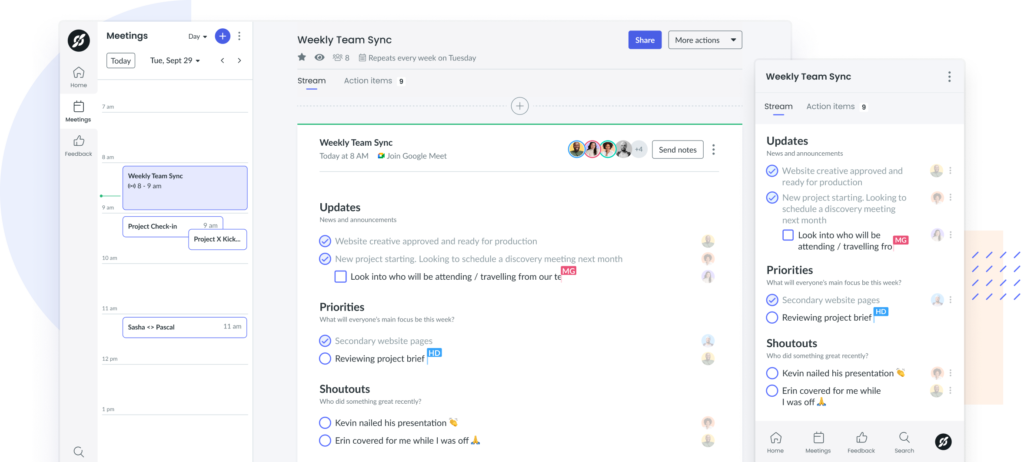
2 Develop healthy response methods
In times of stress, it’s easy to reach for fast food and Netflix as a way of coping or distracting ourselves. But when tensions are rising and you’re feeling burnout on the horizon, finding healthier ways to manage your stress is not only better for your body and mind but often more effective. Exercise can be a wonderful way of supporting your body during stressful periods, acting as a way of letting off steam while also benefiting your physical wellness in the long term and helping you to build a stronger, more resilient body.
Developing a mindfulness practice can also help to reduce stress and is a way for you to navigate stressful times more easily, without becoming overwhelmed. Neuroscience research shows that the practice of mindfulness can systematically train the brain and create useful mental habits that promote resilience and productivity at work and in life.
3 Seek support with one-on-one meetings
As a stressed employee, you will struggle to be productive, and over time, it could impact your attendance record as well as your performance. One way to ensure you’re staying on top of things at work is to seek support from your manager with regular one-on-one meetings that will cultivate open communication between you and your supervisor.
These meetings aren’t to serve as an opportunity to vent or list off complaints, but to help you find more effective ways to manage stressors you’re facing. With support, you can identify areas to improve that will help enrich your work life and minimize strain on you and your team.
4 Recharge regularly
Chronic stress can be avoided if you take time to recharge – everyone needs the opportunity to replenish their energy, but especially those who have been working to their limit for a long period of time. Taking the time to get away from your desk and switch off fully from work is essential to reduce stress and disconnect.
In addition to taking your vacation days and relaxing, it’s also important to step away from your desk on lunch breaks and throughout the day to unwind. Studies have shown that simply being outside can lower stress and anxiety levels, with researchers in the Netherlands and Japan highlighting that as little as 20 minutes a day in nature has a positive impact on your cortisol levels.
5 Maintain healthy boundaries
When you’re a high-performing employee, you can feel the pressure to be available 24/7, especially in today’s increasingly digital world where we’re constantly accessible. But this isn’t beneficial for your stress levels and once those negative boundaries are established, it creates a cyclical pattern.
Establish clear boundaries that will set your work and personal life apart, giving you time to relax in the evenings and weekends. This means not answering work calls outside of work hours, avoiding answering emails unless you’re in the office, and keeping work topics off-limits when you’re with friends and family.
6 Avoid multitasking
Multitasking may seem like the ideal way to achieve more in less time, but actually, the opposite is true. When you multitask, you focus less of your attention on several tasks, instead of dedicating all your mental energy on a single task. The result is that your accuracy can wane, your speed can suffer, and it can impact your overall performance and productivity. Instead, single-focus and avoid the frazzled feeling that can come from trying to do too many things at once.
7 Track additional time demands
High-performing individuals often take on small, seemingly insignificant tasks from colleagues, serving as a mentor or a resource for the rest of the team. Because there are skills or talents they possess, they get tasked with one-off requests throughout the day that aren’t large or time-consuming individually, but soon add up.
This can be a common problem in businesses, where hardworking people ultimately wind up with more work as a result of their ability to achieve more than others. As a high-performing member of the team, you don’t want to disappoint others by denying their requests, so you take on more and more, alongside your own priorities.
But these demands have an aggregate effect, adding to the stress over time and resulting in high performers being even more overworked than they realise. To avoid this issue from adding to your stress, it can help to keep track of additional demands as and when they arise. By doing this, you can manage your priorities better but also establish better boundaries with your colleagues, as you’ll have a clearer understanding of what you’ve already been tasked with.
8 Take advantage of your community
High performers often feel like they’re working alone, taking on additional projects or tasks to hit targets and achieve goals that are separate from the rest of the team. But relationships in the workplace are important and they play a key role in boosting engagement, lowering retention rates, and ensuring that staff remains productive.
In addition to the benefits of work, however, social connections also help staff to prevent burnout. When you’re getting to know your colleagues, whether it’s through team lunches or activities outside of work, you feel part of a team. These connections not only help you flourish at work but the act of spending time with others in a leisurely way also helps to lower stress by taking your mind off of work pressures.
9 Aim for progress, not perfection
Perfection can be an intense burden for high performers – it’s something that they strive for in the pursuit of excellence and outstanding achievements. But it’s not attainable, and in striving for it, you could wind up building up to burnout much faster. Even the most successful people in business can’t achieve perfection, so aim for progress instead of excellence and focus on developing your skillset rather than always having to have everything perfect.
Parting advice
Burnout is a serious workplace issue and while more businesses are taking it seriously, the perspective often taken is that it’s a personal issue. However, burnout has a huge impact on both individuals and the wider business. High performers are at a much higher risk of burnout and workplace stress, as a result of the pressures they put themselves under to achieve more and do better each day.
Managing your stress levels can have multiple benefits, from improving your productivity and performance at work to helping you maintain healthier boundaries and avoiding stress-related illnesses, such as depression, anxiety and heart problems.
As a high-performing employee, noting the signs of burnout is important, which requires you to look inward and prioritize self-care when stress is becoming overwhelming. The signs of burnout are a signal from your body that you need to rest and recuperate, and your future self with thank you for paying attention to those signals and taking care of yourself.









